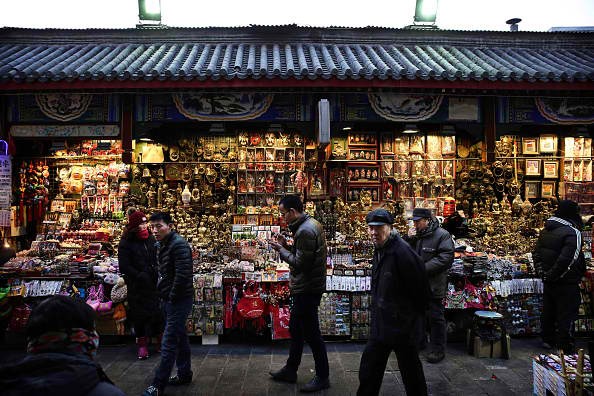China will not hesitate to take a no-holds-barred approach to punishing anyone caught falsifying economic data, as the Chinese government is working on strategies that would alleviate fears that the world's second-largest economy is heading towards a growth slowdown.
The reliability of Chinese economic data has long been put into question, especially as China's elevation to second in the world's economic rankings has come with the need to stabilize various threats to its stability. The need for accurate economic data comes together with that concern.
CNN Money reported that Liaoning Province has admitted to falsifying economic data, which covers its fiscal data starting from 2011 to 2014. The northeastern "rustbelt" province, which is among China's industrial centers, has provided grossly inflated figures by as high as 100 percent during that period.
Ning Jizhe, Vice Chairman of the National Development and Reform Commission (NDRC) and National Bureau of Statistics director, said that the Chinese government will have "zero tolerance, no appeasement" in investigating and punishing those who provide fake statistics on the Chinese economy.
The Taipei Times noted that China's combined provincial economic outputs have exceeded official national figures, bringing to fore the possibility that local officials are involved in inflating their provinces' economic figures. The gap amounts to 2.76 trillion yuan as of last year, about the size of Thailand's GDP.
But despite massive discrepancies in provincial economic data reporting, China remains bullish in its national economic prospects moving forward. Ning said that the Chinese economy is headed for more stable times, despite posting its slowest growth rate in 26 years at 6.7 percent last year, Yibada reported.
With the Chinese government set to peg its growth target to 6.5 percent, China is set to aim for sustaining economic stability through greater private investment and stronger domestic consumption, effectively allaying risks coming from a possible housing bubble and heavy government spending.



























